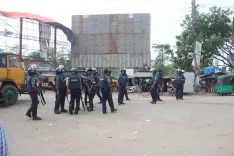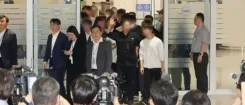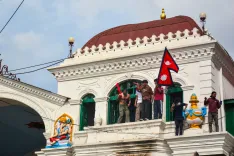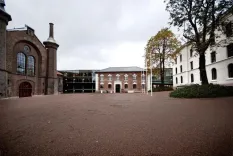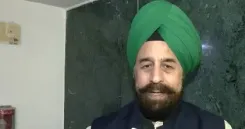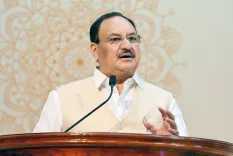Is Nepal Preparing for an Interim Government with Sushila Karki as PM?
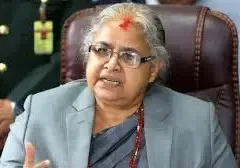
Synopsis
Key Takeaways
- Sushila Karki poised to be Interim Prime Minister.
- Protests fueled by demands for anti-corruption measures.
- Previous candidate Kulman Ghising considered for leadership.
- Security forces have clashed with demonstrators.
- 34 fatalities reported amid rising unrest.
Kathmandu, Sep 12 (NationPress) As Nepal grapples with widespread protests initiated by the youth against corruption and misgovernance, efforts are intensifying to install former Chief Justice Sushila Karki as the Interim Prime Minister.
This significant appointment could be confirmed as soon as Friday afternoon, representing a pivotal moment in the face of increasing public dissent.
The Nepal President’s Office, 'Sheetal Niwas', has directed its personnel to prepare for the arrival of the new interim leader. Comparable instructions were given to top officials at the Ministry of Home Affairs, advising them to stay ready for a formal transition once political consensus is achieved.
Upon reaching a formal agreement among the primary political parties and the President regarding Sushila Karki’s leadership of the interim government, the Ministry has been tasked with initiating preparations immediately.
Karki, who is a well-respected legal expert and the first female Chief Justice of Nepal, is perceived as a neutral entity who can restore credibility and stability during this tumultuous period. Her candidacy emerged after days of political discussions and public calls for effective interim governance.
Previously, Kulman Ghising, the former chief of the Nepal Electricity Authority (NEA), was also viewed as a potential choice. Ghising has garnered respect for resolving Nepal’s long-standing electricity issues through comprehensive reforms.
This political shift is taking place amid significant anti-corruption protests that have engulfed the nation since Monday.
The unrest was ignited by a contentious and brief governmental ban on social media platforms, perceived by many as a violation of free speech. Protests commenced in Kathmandu and rapidly extended to cities including Pokhara, Butwal, and Birgunj.
Security forces have engaged in clashes with protesters at multiple sites. To date, 34 individuals have lost their lives, and over 1,000 have sustained injuries, leading to widespread condemnation of the government’s actions.

